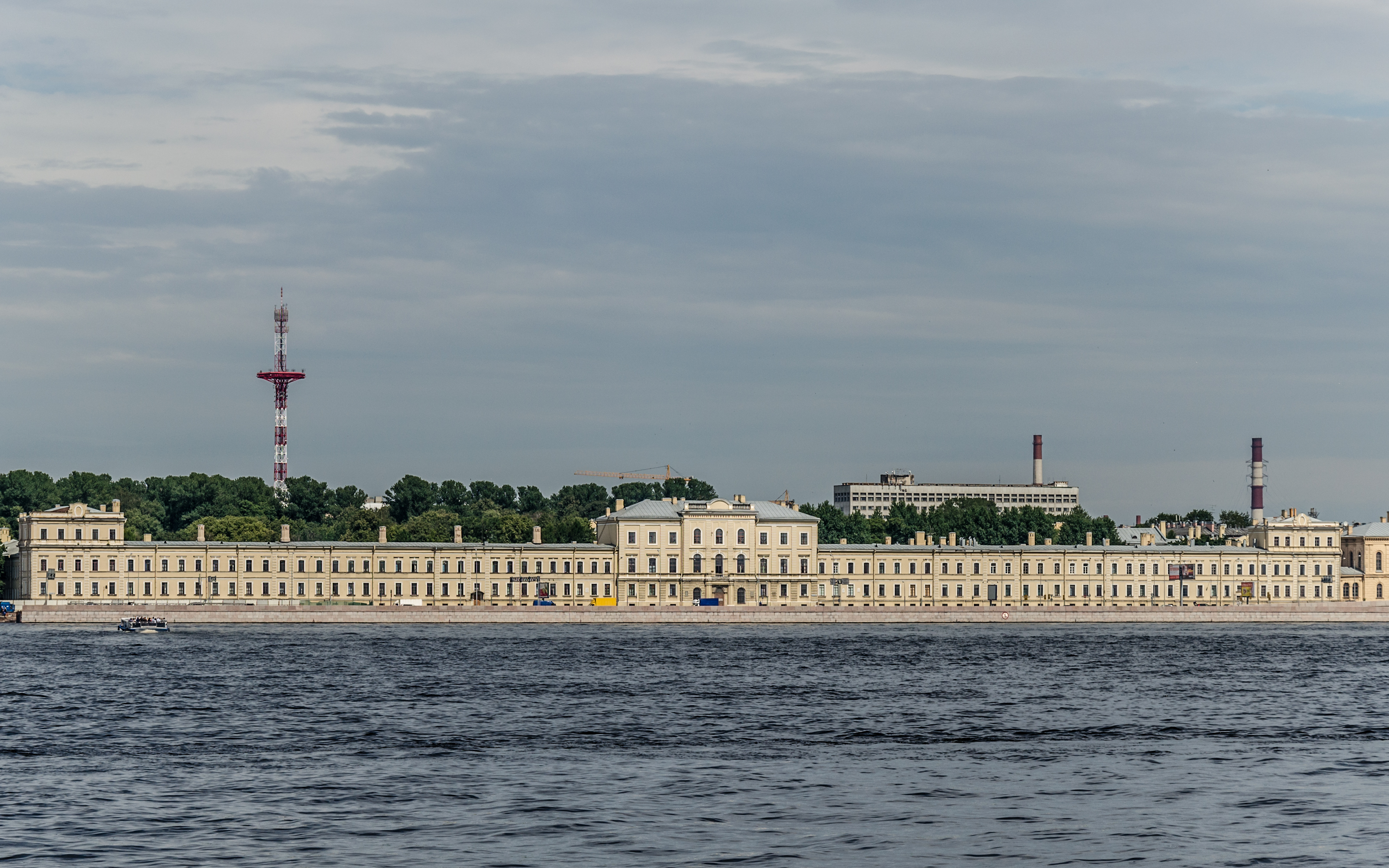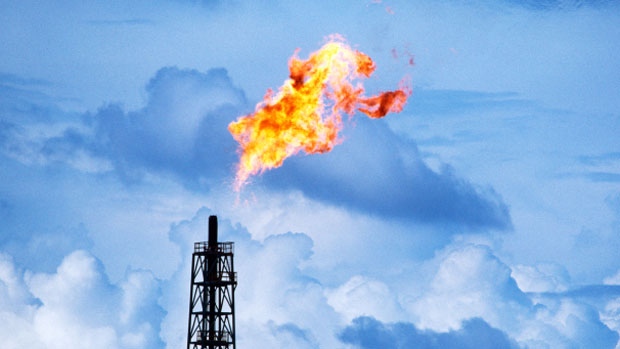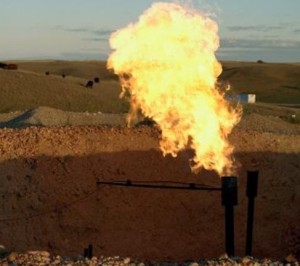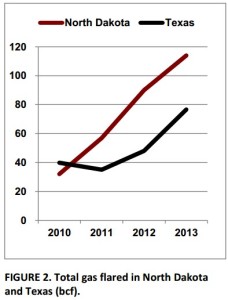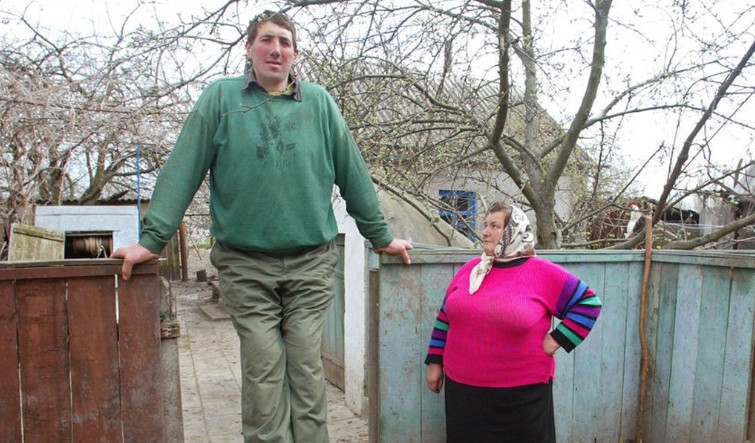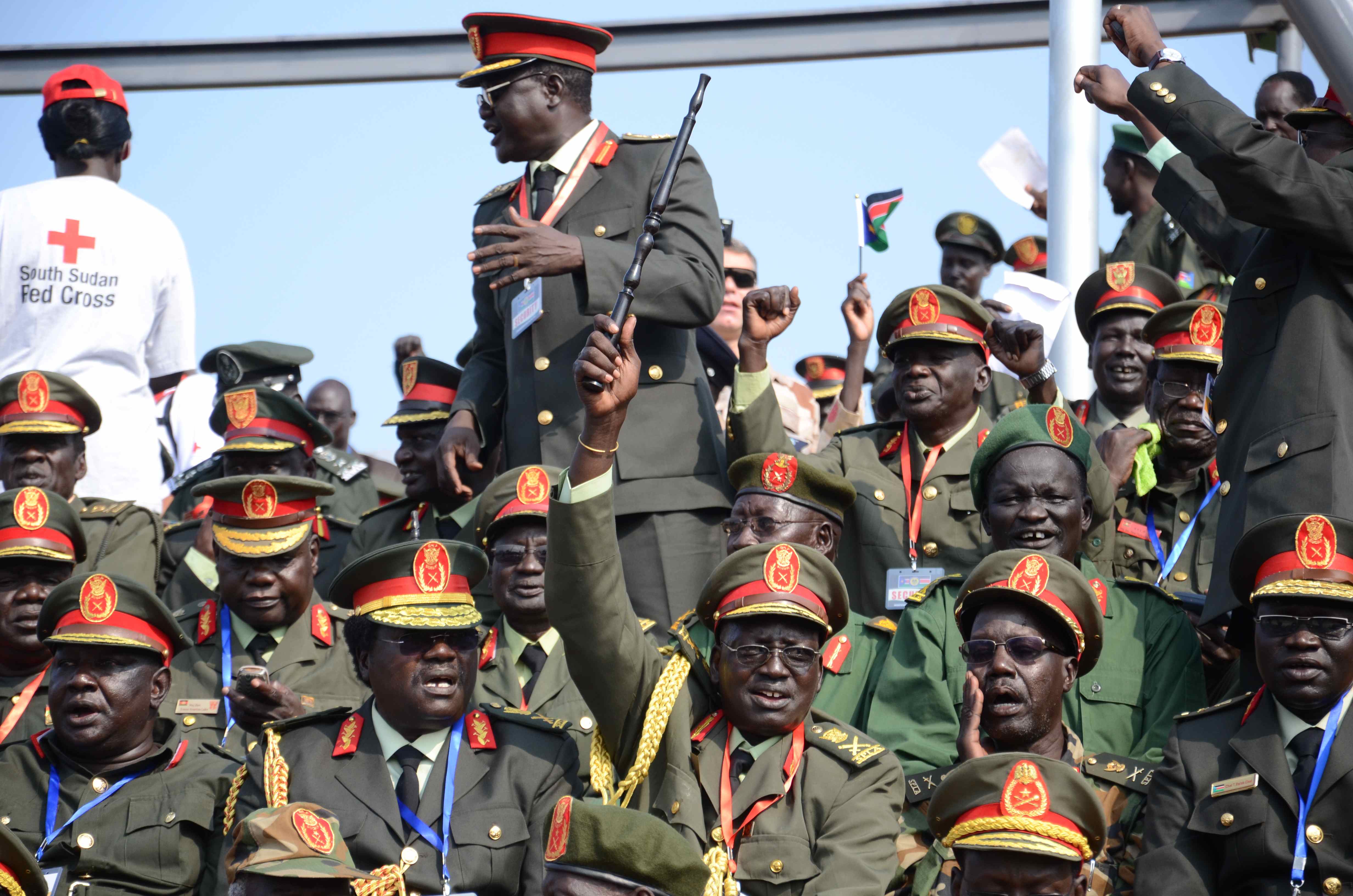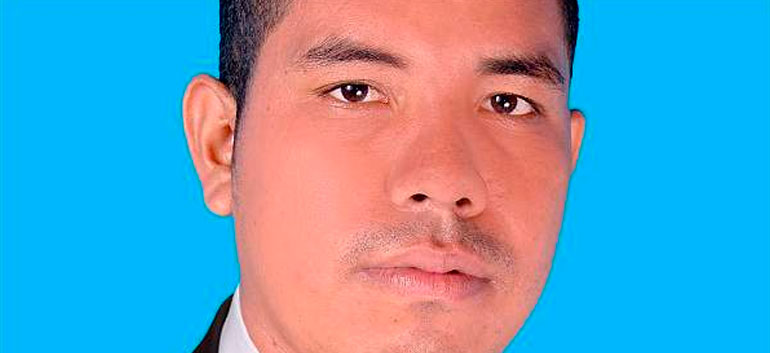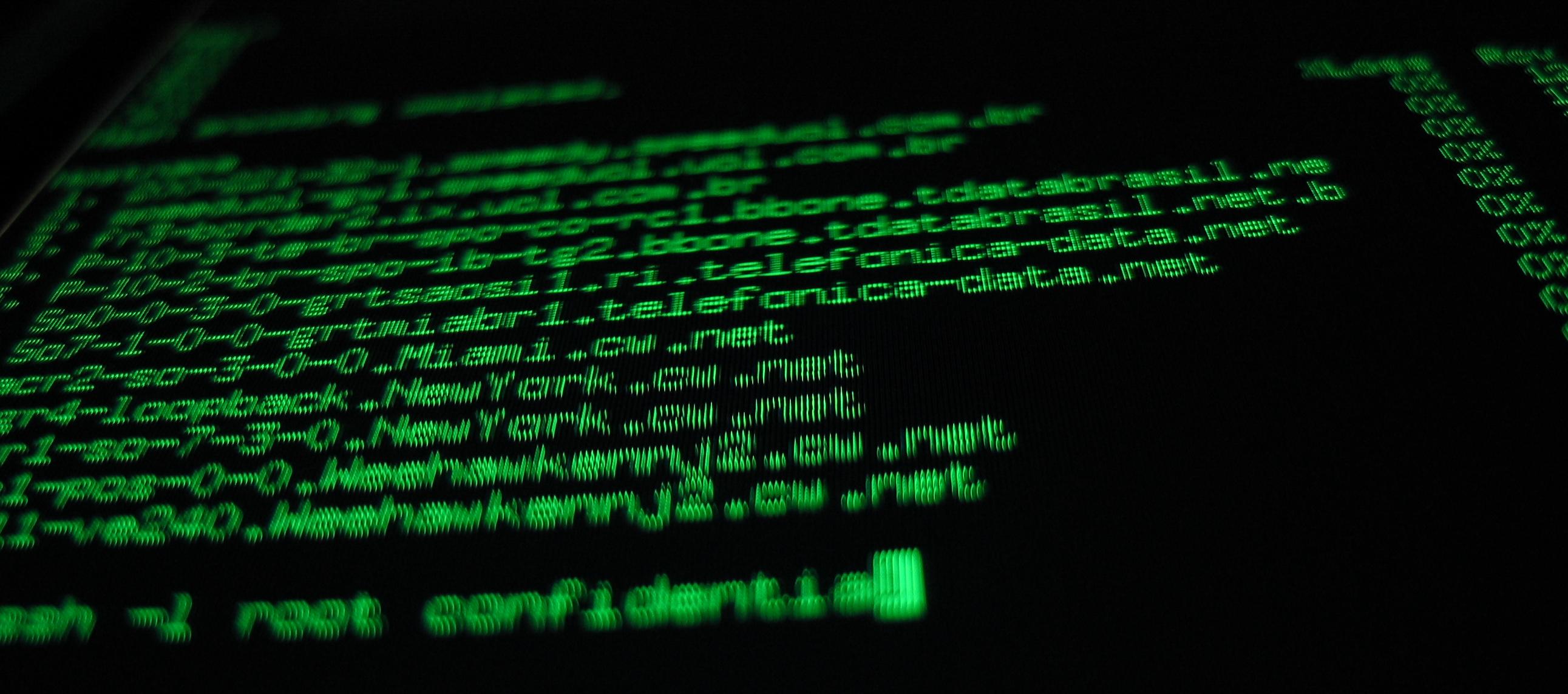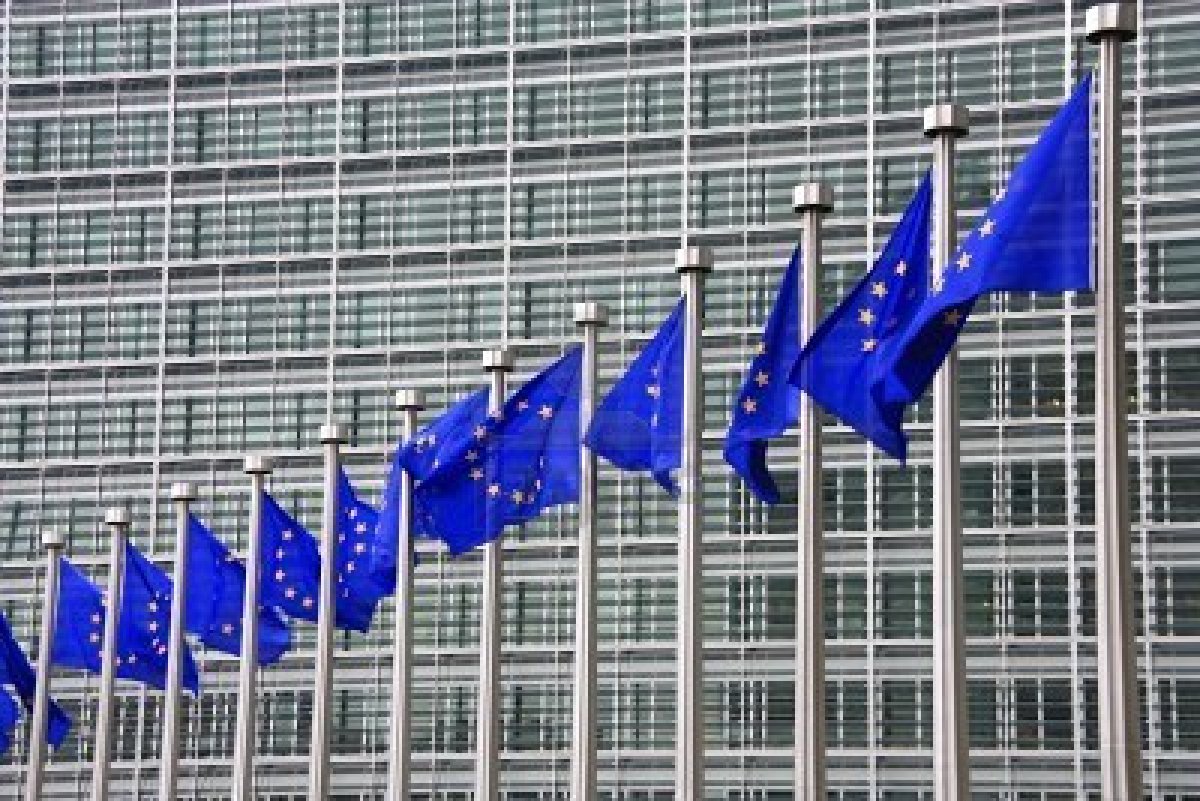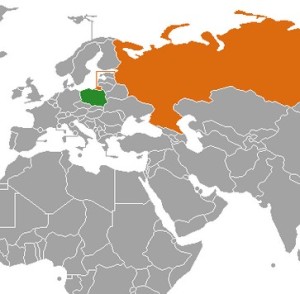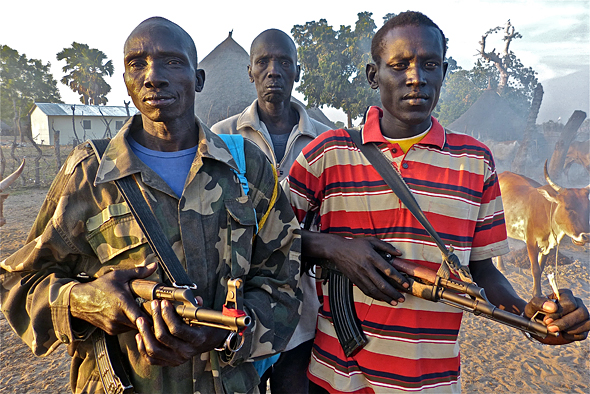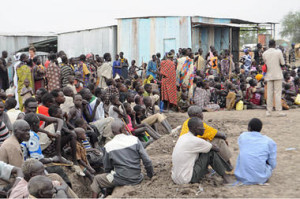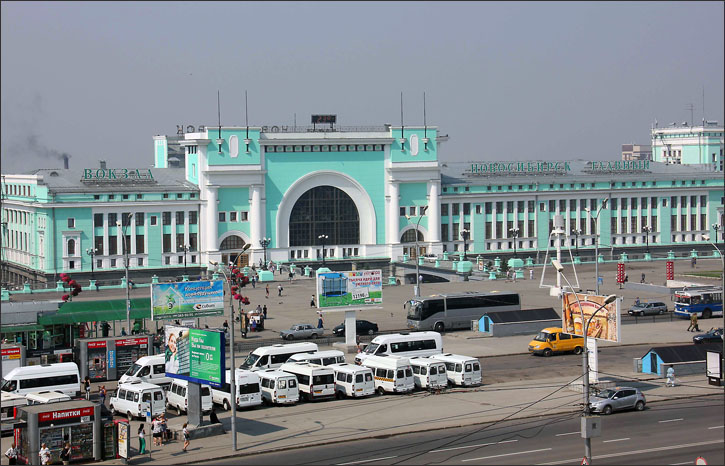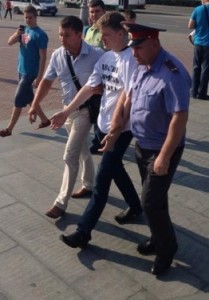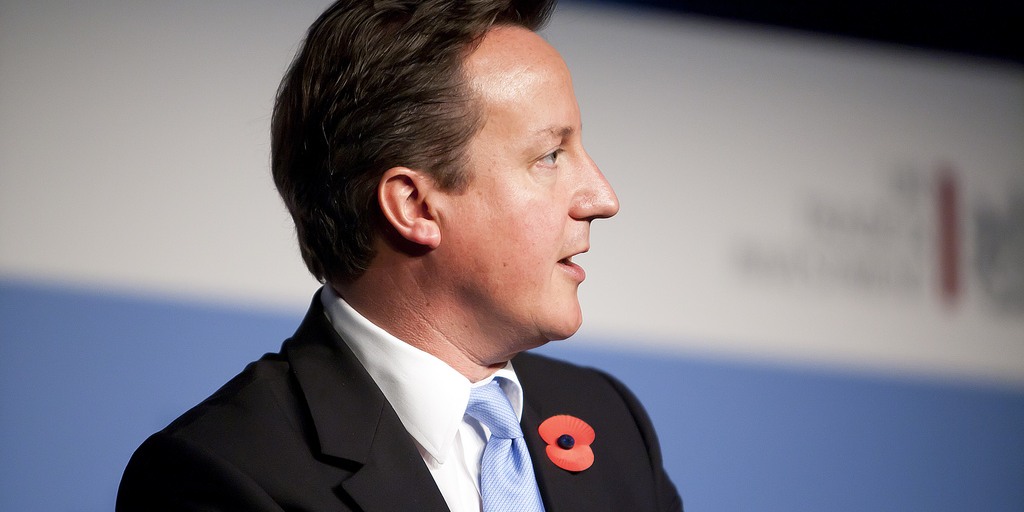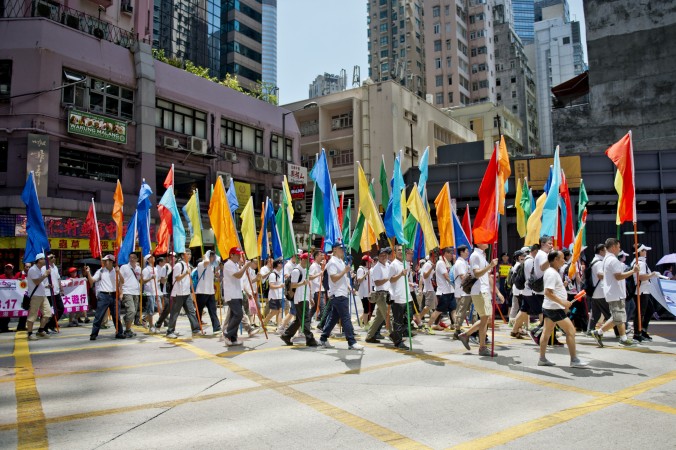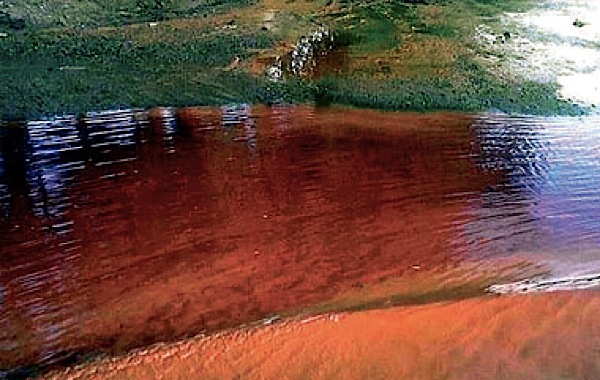In recent battles between the South Sudan’s government army and opposition forces, the army has used child soldiers–a violation of South Sudanese and international law–and has drawn the condemnation of Human Rights Watch.
“South Sudan’s army has returned to a terrible practice, once again throwing children into the battlefields,” said the Africa director at Human Rights Watch, Daniel Bekele.
The government began using child soldiers in battles for control of the capital of Unity State this month. Child soldiers were also used in 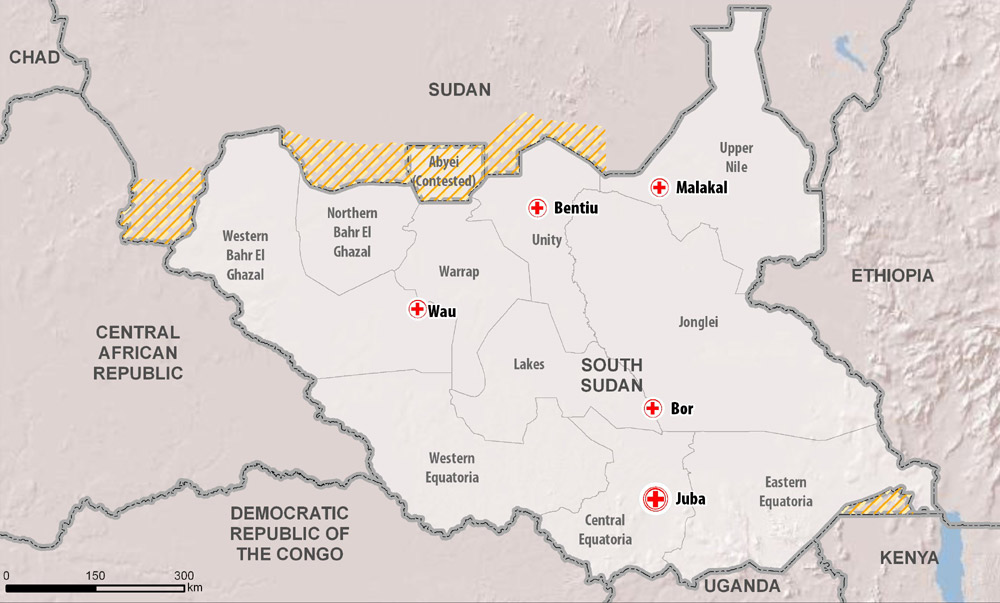 nearby Rubkona, according to Human Rights Watch.
nearby Rubkona, according to Human Rights Watch.
Dozens of military-clad child soldiers were reported to have been fighting in the Bentiu and Rubkona battles.
Child soldiers in the Sudan People’s Liberation Army (SPLA) have been interviewed by Human Rights Watch in the past week, and have detailed their experiences being ordered to fire on opposition forces.
Child soldiers also told Human Rights Watch that the government had begun stationing child soldiers around Bentiu weeks ago.
Read more: UN Should Establish Peace First, Human Rights Later in South Sudan – Foreign Minister
The South Sudanese government has admitted to human rights authorities that they have used children under 18 in their army, but have justified this with claims that children have come to the government seeking protection and work since the fighting broke out.
Authorities have estimated that the government is currently using approximately 60 children in Bentiu and Rubkona. Child soldiers are also being used as government bodyguards, reportedly.
Opposition forces have also used child soldiers since fighting broke out in December of last year. Opposition forces have forcibly recruited hundreds of children from schools and other locations, according to authorities.
“Tens of thousands of children are living in hell inside the UN base because they are not safe outside from attacks on civilians or from being forcibly recruited,” Bekele said. “Both sides should urgently end their attacks on civilians and their recruitment and use of children as soldiers.”
South Sudan has legislation dealing with child soldiers, including a 2008 Child Act that forbids the use of child soldiers and a 2012 action plan signed with the United Nations committing South Sudan to end all recruitment of children under the age of 18 for war. The SPLA also issued a general order forbidding the recruitment of child soldiers last summer.
Rebel leader Riek Machar also signed a commitment in May with the UN to prevent harm against children, including recruitment.
Although recruitment increased upon the outbreak of fighting, the South Sudanese government in June made a new commitment to having a “child-free army.”
Under the international laws of war, also, the recruitment of children under 15 for war is a crime.
Shortly before the outbreak of violence in South Sudan last December, the UN secretary-general had reported that the nation had made tangible progress in ending its recruitment of child soldiers.
“Civilian and military leaders should immediately remove all children from their ranks and return them to their families,” said Bekele.
By Day Blakely Donaldson
